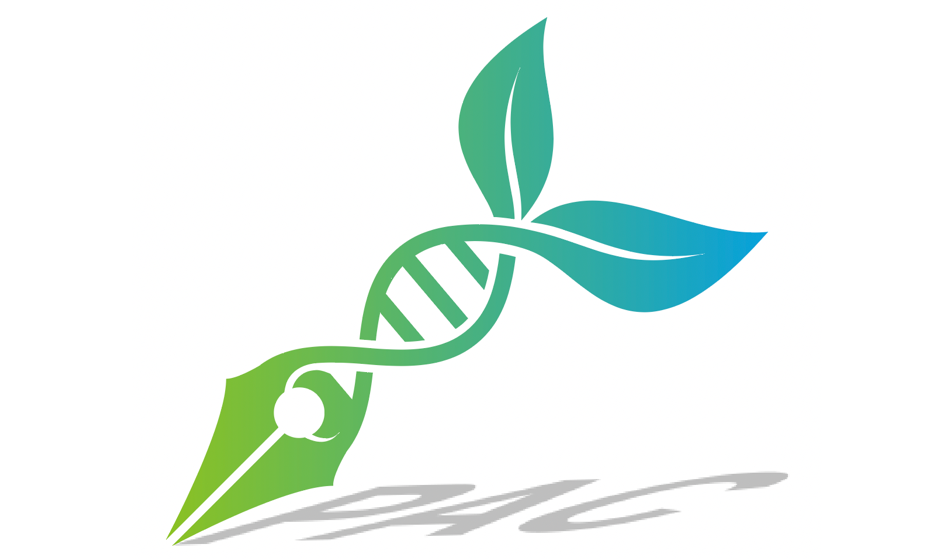 You are here:
Home
>>
RESEARCH
You are here:
Home
>>
RESEARCH
Research
-

Synthetic yeast from 2.0 to 3.0
The Synthetic Yeast Genome Project (Sc2.0) is the world’s first synthetic eukaryotic genome project that aims to create a novel, rationalized version of the genome of the yeast species Saccharomyces cerevisiae. We have a better understanding of how yeast genome works after synthesizing yeast genome. Based on what we learned from Sc2.0, we are aiming to re-design a yeast genome with well-known regulatory elements and codon optimized open reading frames. By doing this, we could engineer a simpler yeast genome, which gives us an opportunity to explore the folding and stabilizing mechanisms of eukaryotic chromatin.
-

Plant Artificial Chromosome
A plant artificial chromosome (PAC) is a de novo synthesized DNA molecule that replicates and functions as an additional chromosome within a plant cell. PACs provide a stable platform for the introduction, modification, or deletion of specific genes in abundance. This technology allows researchers to incorporate large segments of DNA, facilitating the expression of multiple genes or complex pathways. PACs serve as powerful tools for plant genome engineering, enabling the development of crops with enhanced traits such as improved yield, superior nutritional value, resistance to pests and diseases, or resilience to environmental challenges like drought and extreme temperatures. By offering a versatile and scalable approach to genome modification, PACs are poised to advance agricultural innovation and address global food security needs in the future.
-

Genome Project-write
The Genome Project-write (GP-write) is an open, international research project, which includes whole genome engineering of human cell lines and other organisms of agricultural and public health significance. GP-write will use synthesis and genome editing technologies to understand, engineer and test living systems. It will build on the knowledge and technological advances of HGP-read, and could be an equally transformative next step.
Grants





